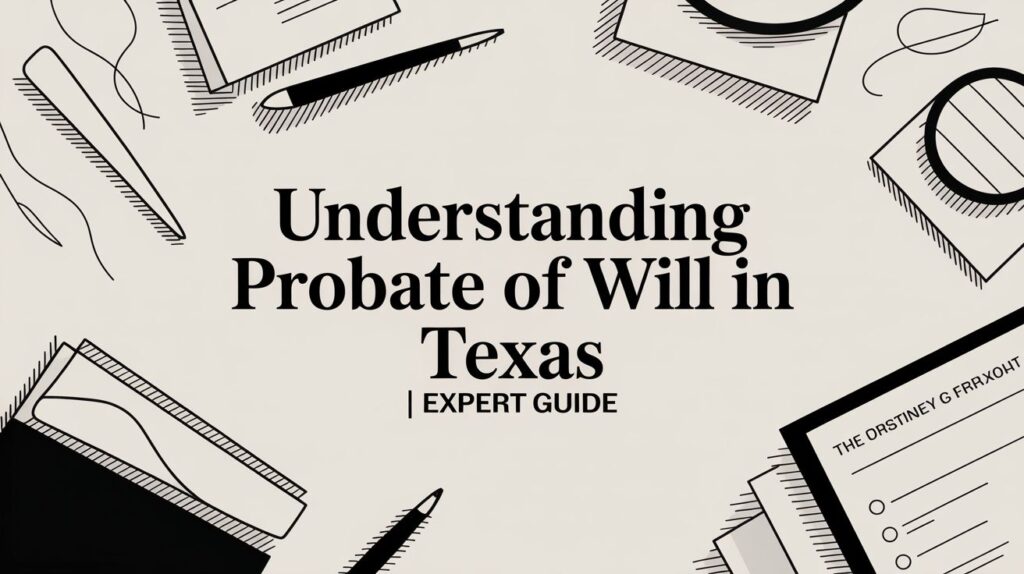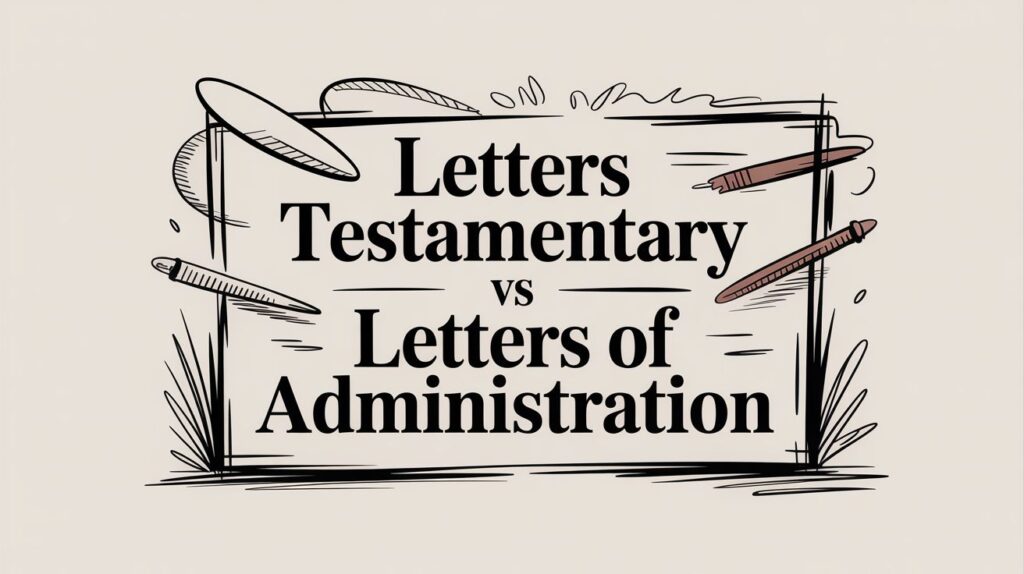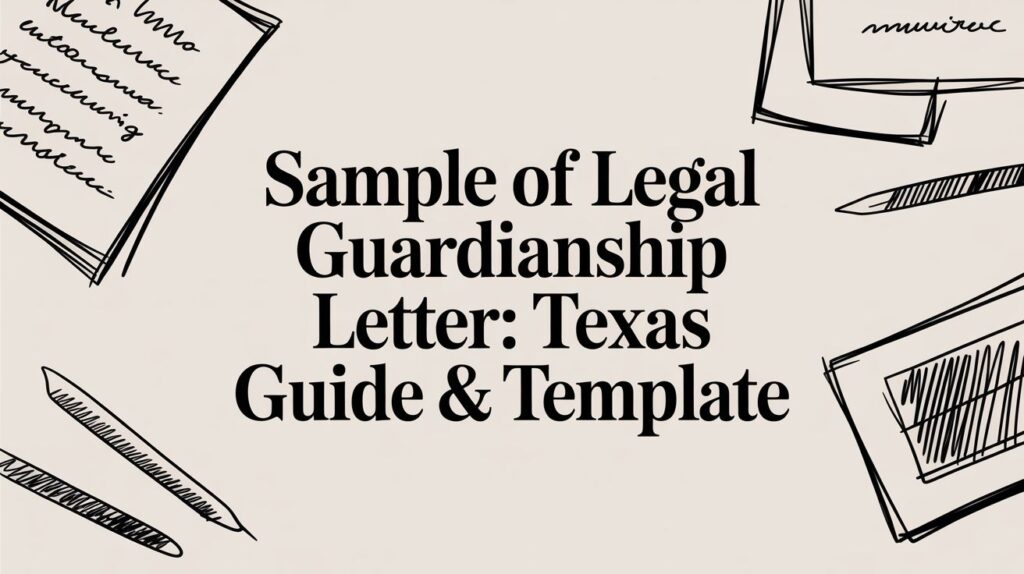Decoding the intricacies of probate is essential for anyone navigating the aftermath of a loved one’s passing in Texas. Probate, a legal process, serves as the vehicle through which a deceased person’s assets are distributed, debts settled, and the final wishes executed. Understanding the nuances of probate, particularly which assets are subject to its process, is crucial for effective planning and ensuring a smooth transition of assets.
In Texas, probate is vital in facilitating the orderly distribution of an individual’s estate. This encompasses all assets and liabilities left behind at their deaths. From real estate properties to financial accounts, probate oversees the proper allocation of these assets among heirs or beneficiaries, according to the deceased person’s will or state law if there is no will.
Given probate’s significance in managing the affairs of the deceased, it’s imperative to grasp which assets are bound to undergo probate proceedings. By understanding this distinction, individuals can plan their estates more effectively, potentially minimizing the complexities and delays associated with probate.
In this exploration of probate in Texas, we will delve into the intricate details of which assets avoid (and enter) the probate process. By shedding light on this crucial aspect of estate planning, we aim to empower individuals to navigate the probate process with clarity and foresight, ultimately ensuring the efficient and orderly distribution of their assets according to their wishes.
Assets Subject to Probate in Texas
The probate process in Texas is a crucial mechanism for administering the estate of a deceased individual and distributing assets among heirs or beneficiaries. Assets subject to probate include those titled solely in the decedent’s name, including bank accounts, real estate, vehicles, and personal belongings owned individually by the deceased at their death. These assets lack named beneficiaries or co-owners with rights of survivorship and typically require probate to facilitate the transfer of ownership to heirs or beneficiaries.
The court oversees the identification, valuation, and distribution of these assets, ensuring they are transferred according to the terms of the decedent’s will or Texas intestacy laws if no will exists. Executors or administrators appointed by the court are responsible for marshaling and managing these assets, resolving creditor claims, and facilitating their distribution to rightful heirs or beneficiaries.
Community property with no surviving spouse is another category that may enter probate in Texas. This refers to assets acquired during marriage jointly owned by both spouses and subject to equal division upon death or divorce. In Texas, community property laws dictate that each spouse retains an undivided one-half interest in community property, with the other half passing to the surviving spouse upon death.
Navigating the complexities of asset distribution in probate requires careful consideration of the types of assets subject to probate and the legal procedures involved in administering the estate. Seeking guidance from legal professionals experienced in probate matters can provide invaluable assistance in navigating these complexities and ensuring compliance with Texas laws and regulations governing estate administration.
Assets That Avoid Probate in Texas
In Texas, certain assets can bypass the probate process, allowing for a smooth and efficient transfer of assets to beneficiaries. Assets with beneficiary designations, joint tenancy with right of survivorship, and Transfer-on-Death (TOD) registration are some assets that can avoid probate.

Benefit designations are common in retirement accounts, life insurance policies, and payable-on-death (POD) bank accounts. These assets allow individuals to name specific beneficiaries who will receive the assets upon the account holder’s death. This streamlined approach expedites the transfer of assets and ensures the intended beneficiaries receive their inheritance without delays or complications.
Joint tenancy with the right of survivorship (JTWROS) is another asset category that avoids probate in Texas. Joint tenancy arrangements, such as joint bank accounts or jointly owned real estate, automatically transfer ownership to the surviving owner(s) upon the death of one owner. This straightforward method ensures the uninterrupted transfer of assets between joint owners, bypassing the complexities of probate.
Lastly, Texas offers a Transfer-on-Death (TOD) registration option for certain assets, such as vehicles and securities. This allows individuals to designate a beneficiary who will automatically receive ownership of the asset upon the individual’s death. By utilizing these strategies, individuals can streamline the estate administration process, minimize costs, and ensure their assets are distributed promptly according to their wishes.
Factors Affecting Whether an Asset Goes Through Probate
Estate administration in Texas is influenced by two key factors: ownership titling and beneficiary designations. Proper titling of assets, such as bank accounts, real estate, vehicles, and personal belongings, determines whether they are subject to probate. Assets titled solely in the decedent’s name without designated beneficiaries typically require probate for their transfer to heirs or beneficiaries. Jointly owned assets with rights of survivorship or designated beneficiaries bypass probate and transfer directly to the surviving co-owner or beneficiary upon the decedent’s death.
The importance of proper titling cannot be overstated, as it directly impacts the probate process and the efficient transfer of assets. Ensuring assets are titled appropriately and updated to reflect changes in ownership or beneficiary designations can mitigate the need for probate and streamline the transfer of assets to intended recipients.
Beneficiary designations on assets, such as retirement accounts, life insurance policies, and payable-on-death (POD) or transfer-on-death (TOD) accounts, also significantly influence probate involvement. These designations override provisions of a will or Texas intestacy laws, facilitating the expedited transfer of assets outside of probate. By carefully designating beneficiaries and regularly reviewing and updating these designations, individuals can effectively manage their estate and streamline the asset transfer process for their loved ones.
Benefits of Avoiding Probate
Avoiding probate in Texas offers numerous benefits for individuals and their heirs or beneficiaries. Employing strategies like beneficiary designations or establishing joint tenancy with the right of survivorship ensures assets transfer directly to beneficiaries upon the individual’s death, expediting the inheritance process. This reduces costs associated with probate proceedings, such as court fees, attorney fees, executor fees, and appraisal costs. Individuals can save on these expenses by avoiding probate and preserving more of the estate’s assets for distribution to beneficiaries.
Assets that bypass probate may offer greater privacy regarding their value and distribution, as probate proceedings are a matter of public record. By avoiding probate, individuals can maintain greater privacy regarding their estate’s affairs, as assets transferred outside of probate generally do not undergo the same level of public scrutiny. This added privacy can be particularly valuable for individuals wishing to keep their estate’s details confidential or limit exposure to potential disputes or challenges.
Importance of Estate Planning
Estate planning is a crucial aspect of financial planning, enabling individuals to manage their assets, protect their loved ones, and preserve their legacy. Its primary goal is to minimize probate involvement and ensure the efficient transfer of assets to beneficiaries upon an individual’s death. Strategies to minimize probate involvement in Texas include structuring asset ownership, updating beneficiary designations, and implementing estate planning tools like wills and trusts.
Estate planning empowers individuals to articulate their wishes for asset distribution and ensure that they transfer their assets according to their intentions. A comprehensive estate plan can outline asset distribution, assign specific beneficiaries for assets, and create trusts for ongoing asset management.
Wills and trusts are fundamental estate planning instruments that can help avoid probate for specific assets and facilitate the efficient transfer of assets to beneficiaries. A well-drafted document will allow individuals to outline their wishes for asset distribution, nominate executors to oversee estate administration and designate guardians for minor children. Trusts grant greater flexibility and control over asset distribution, enabling them to bypass probate and transfer directly to beneficiaries.
In conclusion, estate planning is essential for managing assets, protecting loved ones, and achieving long-term financial goals. Seeking guidance from legal professionals can provide the expertise and support needed to create a comprehensive estate plan tailored to individual needs and objectives.








